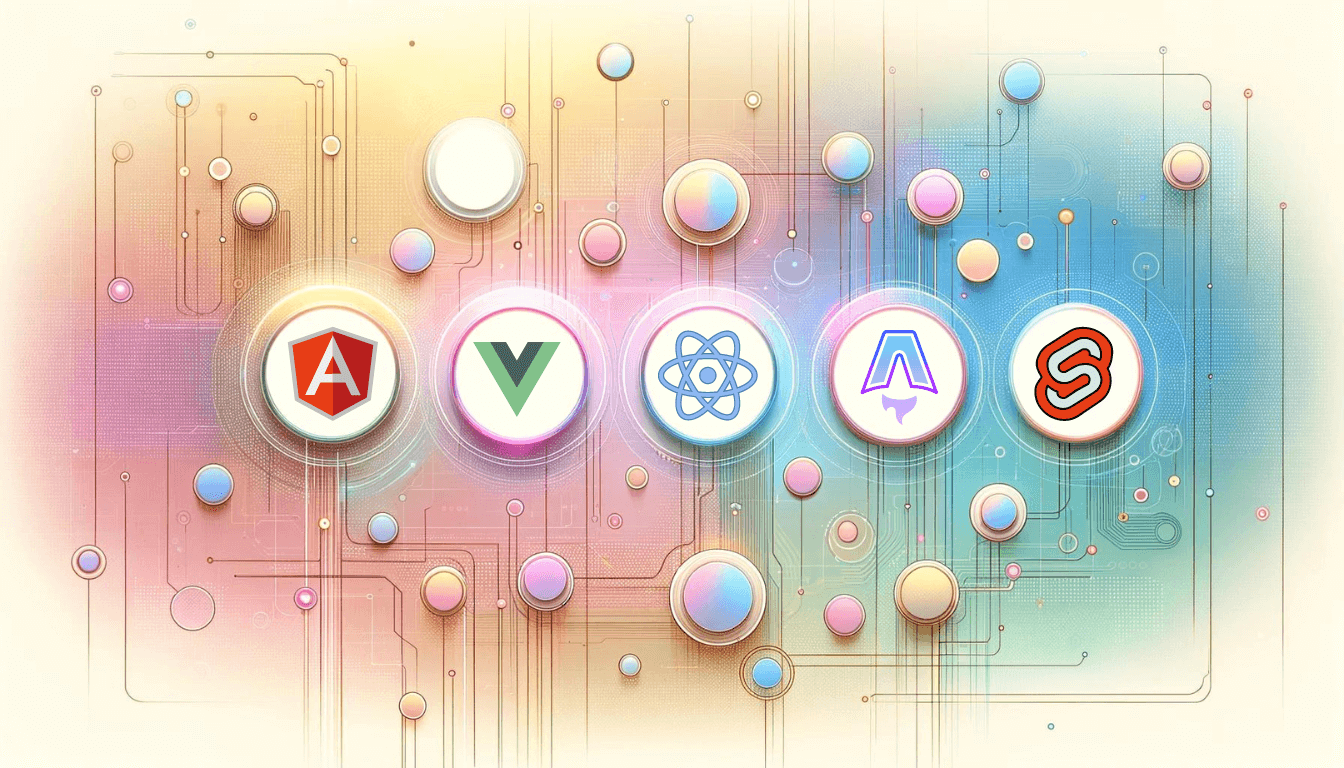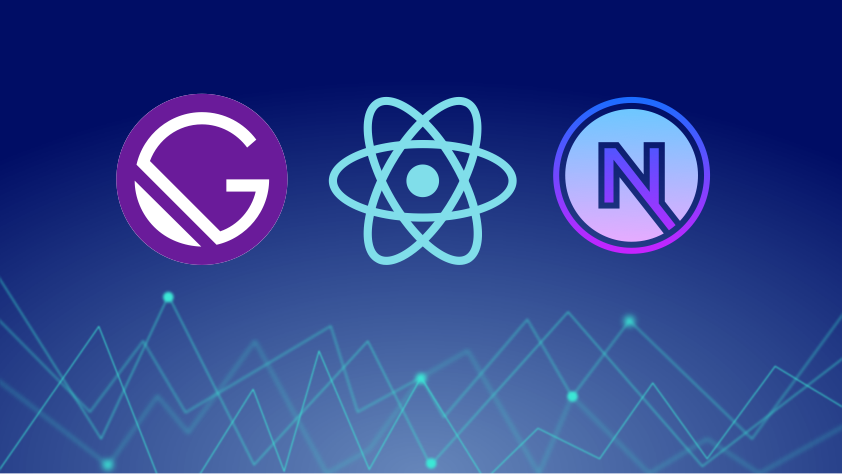· news · 3 min read
Best Front End Frameworks for 2024
Explore the top front-end frameworks poised to shape web development in 2024, including React, Vue.js, Angular, Svelte, and Astro.

The landscape of front-end development is constantly evolving, with frameworks coming into the spotlight each year to help developers create efficient, robust, and user-friendly web applications. As 2024 approaches, we explore some of the leading front-end frameworks to consider for your projects.
React
React continues to be a major player in the front-end ecosystem due to its vast community support and comprehensive ecosystem. Developed by Facebook, it allows for dynamic data updates in web applications without needing to reload the page.
Key Features:
- JSX: JavaScript XML syntax that makes writing React components feel more intuitive.
- Components: Encapsulate behavior and rendering logic for reuse across projects.
- Hooks: Allow functional components to manage state and side effects.
Vue.js
Vue.js is appreciated for its simplicity and easy integration with other projects. It’s particularly friendly for newcomers without sacrificing the depth needed for more advanced applications.
Key Features:
- Directive-based: Uses HTML-based templates that bind DOM elements to underlying data.
- Reactivity: Efficiently updates the DOM when application state changes.
- CLI and Tools: Provides a standard development toolkit via Vue CLI.
Angular
Developed by Google, Angular is a robust framework for building large-scale web applications, favored by teams that need consistency and integrated solutions.
Key Features:
- TypeScript-based: Uses TypeScript to enhance code reliability and scalability.
- Component architecture: Helps in building scalable applications with reusable components.
- RxJS: Supports advanced asynchronous and event-based programming.
Svelte
Svelte has gained popularity for shifting much of the traditional framework workload into its compile step, leading to faster applications with fewer dependencies.
Key Features:
- No virtual DOM: Updates the DOM directly for faster performance.
- Reactive updates: Automatically updates the UI when state changes.
- Compact: Smaller application size due to less boilerplate code and no virtual DOM.
Astro
Astro is a cutting-edge framework designed for building fast, static websites while allowing developers to write UI components in their favorite frameworks like React, Vue, or Svelte.
Key Features:
- Island Architecture: Only loads essential JavaScript, reducing load times and improving performance.
- Hybrid Rendering: Supports multiple rendering strategies such as static site generation and server-side rendering.
- Integrations: Seamlessly integrates with other frameworks to leverage their ecosystems while optimizing for performance.
Choosing the right framework for your project in 2024 will depend on your specific needs, team skills, and the features you require. Each of these frameworks offers unique strengths that could make them the perfect choice for your next project. However, unlike any other framework, Astro.js actually allows you to use different frameworks within it. You can have a React component and a Svelte component (called islands), which can share state via nanostroes. For this reason, we see Astro as the clear winner of 2024 (and possibly for years to come) — its performance, ensured by partial hydration, and flexibility, ensured by island architecture, are unrivaled.


